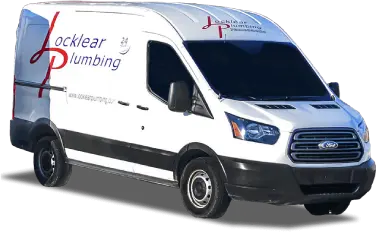
To many homeowners, plumbing systems are a complete mystery that they’d rather leave to the pros. And while this is a good idea when it comes to most repairs and fixing problems, there are some maintenance issues that you should address.
Obviously, this is all if you want to keep your plumbing healthy, which most homeowners do. So with that in mind, here are some great tips that will keep your pipes happy and prevent leaks.
Prevent Pipe Corrosion
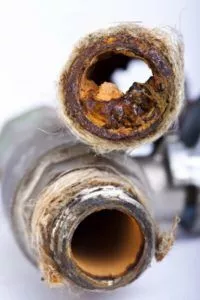 Corroding pipes are one of the main causes of leaky pipes, so taking steps to prevent corrosion will also help you avoid leaks, floods, and headaches.
Corroding pipes are one of the main causes of leaky pipes, so taking steps to prevent corrosion will also help you avoid leaks, floods, and headaches.
There are several things that can cause pipes to corrode, and one of the most common is a low pH level. A low pH (below 6.5) means the water is acidic, and this could cause major problems for your pipes.
If you do have high acidity, you can increase alkalinity and protect your pipes with a calcite neutralizer tank or a soda ash feeder.
Bacteria are another thing that can cause pipe corrosion, and you can prevent this by installing a filter that treats the water before it enters your home. Finally, iron deposits from your hot water tank can also corrode pipes, and the best way to prevent this is to replace the anode rod in your hot water heater every five years.
Don’t Use Chemical Clog Removers
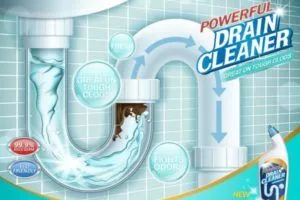 Chemical drain cleaners may seem like the greatest thing since sliced bread, but the truth is they can wreak havoc on your pipes.
Chemical drain cleaners may seem like the greatest thing since sliced bread, but the truth is they can wreak havoc on your pipes.
The problem is that the harsh chemicals that eat away at clogs can also eat away at your pipes, creating holes and leaks.
This is especially true if you have PVC pipes, but it’s also best to avoid chemical drain cleaners with metal pipes. If you do have a clog, either pull out the plunger or call the plumber.
Reduce Your Home’s Water Pressure
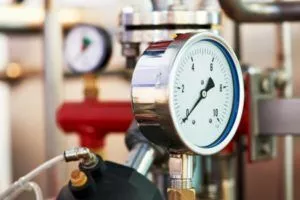 The water pressure in your home should never exceed 80 psi, and anything above that can actually damage pipes and create leaks.
The water pressure in your home should never exceed 80 psi, and anything above that can actually damage pipes and create leaks.
This is especially true if your pipes have been previously weakened by corrosion, chemical cleaners, or other problems.
Beyond that, high water pressure can even damage pipe joints, appliances, and faucets, so keep the pressure under control.
Know How to Identify a Leak
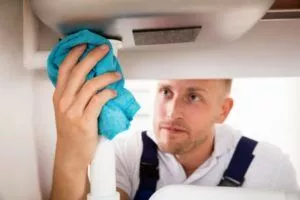 No matter how much leak prevention you do, there’s still the possibility that you’ll experience a leak at some point. Knowing how to find it will save you time and money.
No matter how much leak prevention you do, there’s still the possibility that you’ll experience a leak at some point. Knowing how to find it will save you time and money.
The best place to start is with your water meter: take note of the reading, stop using water in the house for two hours, and then check the reading again.
If there’s been a change, then it means water is leaking from somewhere in your plumbing system. From there, go around the house checking all the toilets, pipes, and faucets for leaks. If you don’t find anything, move on to the walls and floors, looking for signs of water damage, such as:
- Warping
- Discoloration
- Wetness
- Stains
These simple DIY leak-prevention and plumbing maintenance tips are easy enough for any homeowner to take on and you’ll thank yourself later for addressing these issues now. Not only will these maintenance steps help you prevent leaks, but they’ll also save you time, money, and headaches, and ensure there’s always fresh and running water available throughout your house.

